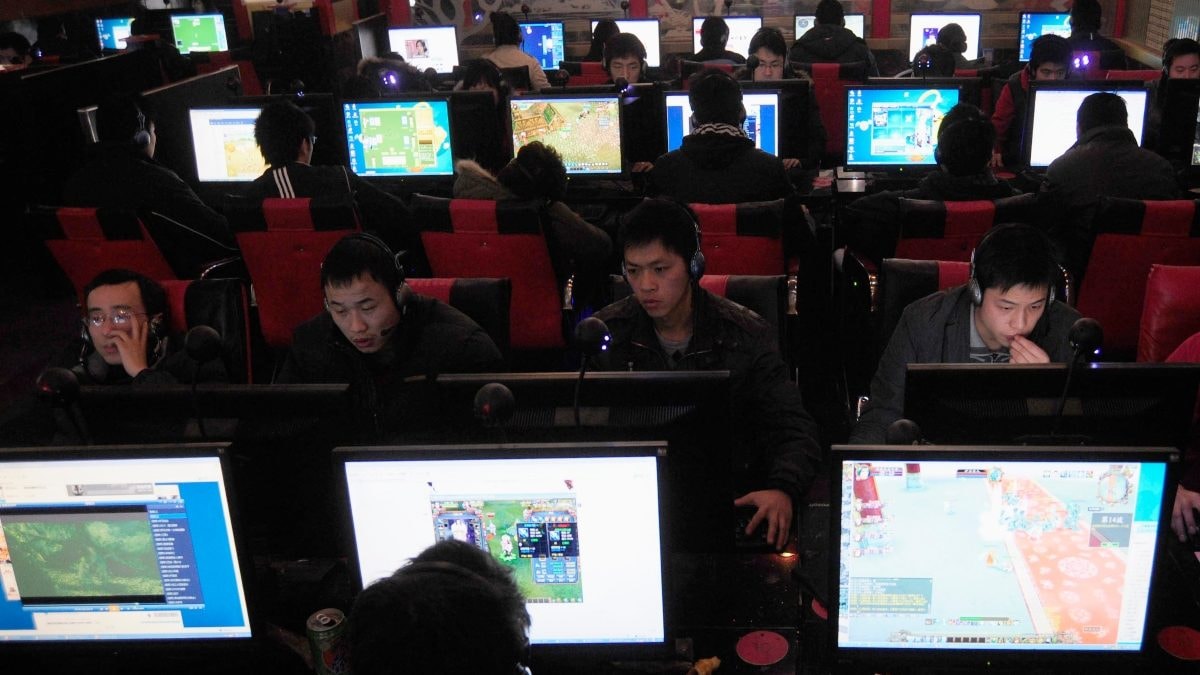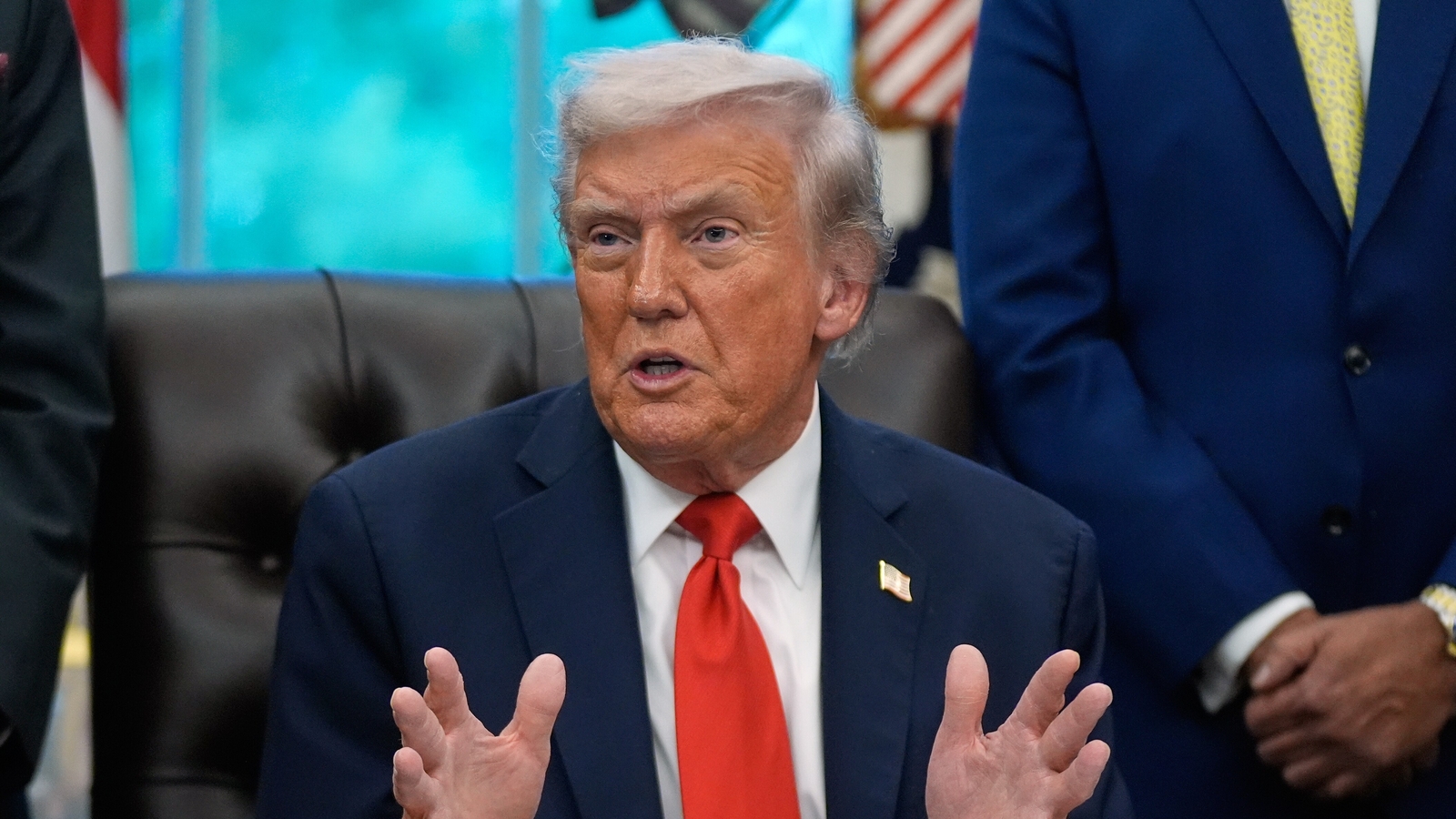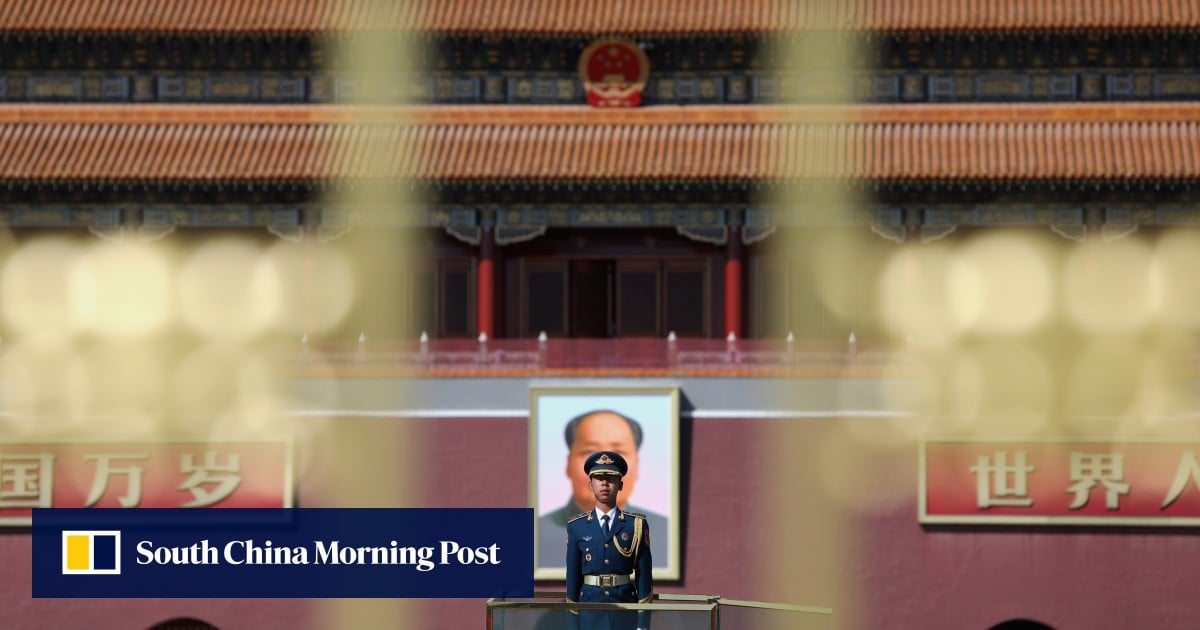Last Updated:
While this latest move will certainly add to the already repressive and intimidating online environment in China, the people’s resilience will undoubtedly remain undimmed
Internet surveillance and censorship is nothing new in China and is something that the citizens have been accustomed to for decades now. (Image: File/Reuters)
As the Chinese citizens look to find increasingly innovative ways to engage in honest and critical political discussion about their country, the ‘Great Firewall’ system of China keeps sharpening its fangs to suppress even an insinuation of dissent. Internet surveillance and censorship is nothing new in China and is something that the citizens have been accustomed to for decades now. However, the progressively ridiculous tactics that the regime is employing betray its profound insecurity when it comes to its hold on the Chinese population.
The latest ‘clear and bright’ campaign of the Cyberspace Administration of China and the Ministry of Education targets ‘irregular and uncivilised language’ on the internet, primarily focused on memes, jokes, and wordplay. The logic that is given is that these puns and memes corrupt the everyday communication and ideological values of minors and hence, pose a threat to the Chinese social fabric.
However, the truth is that wordplay, memes, and obscure jokes have become the very means by which the Chinese people express their dissent or engage in light-hearted political banter, unsettling the Chinese regime which recognises them as a threat to itself.
China began its internet control initiative in 1998 with the Golden Shield Project or what is (in)famously known as the ‘Great Firewall’ of China to restrict internet usage through multiple methods, including only allowing state-affiliated companies to provide internet services, monitoring users’ internet activity and censoring certain online behaviour.
As time passed and both the internet and the CCP’s online regulatory mechanisms gained more sophistication, China established the Central Cybersecurity and Informatization Leading Group in 2014, a nationally integrated association to oversee online censorship. Four years later, this group was promoted to the rank of a central commission. Therefore, the CCP utilises a combination of two associations to lay its repressive web over people’s online behaviour – the aforementioned Central Cyberspace Affairs Commission as well as the police who are charged with installing and operating surveillance equipment, making investigations, intimidations, and arrests.
According to a study by the OpenNet Initiative, China has “the most sophisticated content-filtering Internet regime in the world”. The Chinese system of internet control already places a ban on foreign search engines such as Google, and social media websites such as WhatsApp, YouTube, and so on, and only permits indigenous internet companies such as WeChat and Weibo who comply with its regulatory and censorship standards.
References to politically sensitive topics such as the Tiananmen Square protests, Tibet, Taiwan, Xinjiang, and Xi Jinping are strictly curtailed and invite punishments upon violation. For their part, the Chinese people circumvent these repressive tactics in a variety of ways such as installing a private virtual network so that their IP addresses are hidden, or making references to politically contentious subjects in a veiled manner. And the Chinese authorities seem to constantly be in a cat-and-mouse game with their population.
For instance, as the latest campaign seeks to curtail, Chinese people sometimes make use of homophones, or phrases that phonetically sound the same but are written differently, such as the word for “paratrooper” (sǎn bīng) instead of “idiot” (shǎ bī), to indicate deeper political messaging. The same was seen in the Chinese iteration of the #MeToo campaign too, which was started by Luo Xixi in 2018, who publicly alleged that her former professor sexually abused her 12 years ago. Like in other places, her story inspired the widespread movement wherein many women felt encouraged to go public about their own stories of sexual abuse. The Chinese government soon blocked the hashtag ‘MeToo’ and its Chinese version woyeshi, however, people began using the homonym mitu which means ‘rice bunny’ to continue the movement.
Therefore, in response to the suffocating atmosphere of censorship, the Chinese people too keep the authorities relentlessly on their toes by devising new ways to address their issues. To illustrate, they have, in the past, referred to Xi Jinping by using three arrows to symbolise the syllabic tones in his name, or through the cartoon character of Winnie the Pooh, which is believed to share a resemblance with the President.
The Chinese authorities are extremely paranoid about people freely discussing their political opinions which was also seen in the lead-up to, and the aftermath of Xi Jinping removing the cap on presidential terms. During that time, when the regime scrambled to block the words that may be used to criticise the move, in addition to targeting terms such as ‘ten thousand years’, ‘Xi Zedong’, ‘shameless’, ‘personality cult’, ‘lifelong’, immortality’, and ‘disagree’, it also inexplicably banned the letter ‘N’ from the internet. Some analysts speculated that it might have been because of the authorities’ suspicion that ‘N’ could signify ‘n’ number of years that Jinping was set to install himself for. However, it still went on to demonstrate the extreme sense of insecurity that the regime suffers from.
Although the latest move will certainly add to the repressive and intimidating online environment in China, the resilience of the people will most definitely not be contained. When authoritarian regimes deprive people of the breathing space to even engage in creative, witty, and humorous chit-chat, they risk igniting more threatening fires that might simmer under the surface for some time, but are sure to erupt sooner or later.
The writer is an author and columnist and has written several books. His X handle is @ArunAnandLive. Views expressed in the above piece are personal and solely those of the author. They do not necessarily reflect News18’s views.


